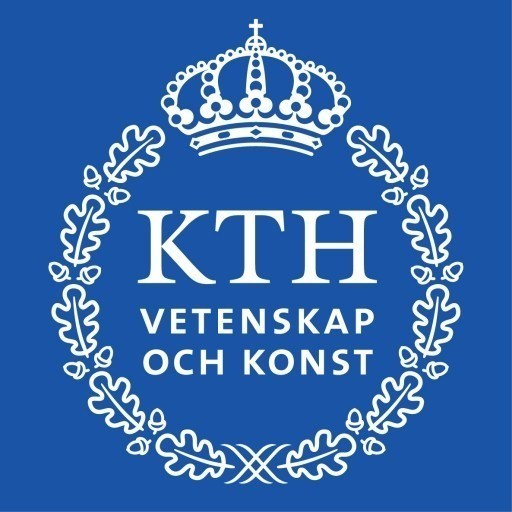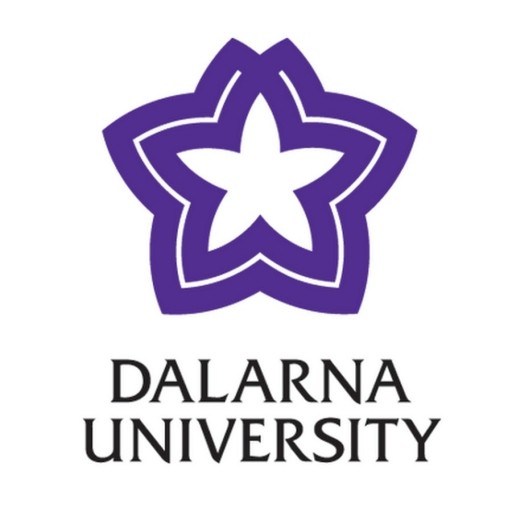The Master’s Programme in Media Management at KTH Royal Institute of Technology offers students a comprehensive education designed to prepare them for leadership roles within the dynamic and rapidly evolving media industry. This program combines theoretical knowledge with practical skills, enabling graduates to effectively manage media organizations, develop innovative media products, and understand the complex technological and economic aspects that underpin the media sector. Throughout the programme, students engage with a diverse curriculum that covers strategic media management, media economics, digital media production, content development, and media law. Special emphasis is placed on understanding the transformation of media due to digitalization and globalization, equipping students with the ability to adapt strategies to changing industry landscapes. The programme fosters critical thinking, entrepreneurial skills, and collaborative abilities, encouraging students to work on real-world projects and internships with industry partners. Students also have the opportunity to specialize in areas such as media entrepreneurship, digital content management, or media technology, depending on their interests and career aspirations. The faculty comprises experienced researchers and industry professionals, providing students with mentorship and insights into current media trends and innovations. Graduates of this programme are well-prepared for careers in media management, digital content development, media consultancy, or entrepreneurial ventures within the media and communication sectors. The programme’s interdisciplinary approach ensures that students gain a broad understanding of media industries and develop the ability to lead and innovate in various media contexts. With a strong focus on sustainability, ethics, and media literacy, students are equipped to contribute to responsible media practices while embracing new technological advancements. Upon completion, graduates will be able to analyze market conditions, manage media projects, and implement strategic initiatives that foster growth and innovation in media organizations worldwide.
Year 1
The first year of the program consists of three blocks. First there is media technology block with two courses, Media Production focusing on media technologies print and web and Social media technologies focusing on the use of new media forms.
The second block is about management an economy with the courses Industrial management and Media Law.
The third block relates to the effect that media technology may have on intercultural communication and technical conditions for intercultural communication.
Mandatory courses
- Media Law 7.5 credits
- Intercultural communication 7.5 credits
- Theory and Method for Media Technology 7.5 credits
- Media Production 9.0 credits
- Program Integrating Course in Media Management 4.0 credits
- Industrial Management, Basic Course 6.0 credits
Recommended courses
- Decision Theory 7.5 credits
- Telepresence Production 7.5 credits
- Social Media Technologies 7.5 credits
- Leadership in Cross-Cultural and Industrial Contexts 6.0 credits
- Macroeconomics for Business 7.5 credits
- Execution- Running Your Own Company 7.5 credits
- Social Entrepreneurship 7.5 credits
Year 2
The autumn in year two is designated to the course Media Management given by the Stockholm School of Economics and the degree project.
The Media Management course aims at giving students knowledge about the conditions that emerge from the arising new market conditions. The course is given in close relation with major media companies and consists of two parts, a theoretical part and a project part with realistic projects for media enterprises.
Mandatory courses
- Degree Project in Computer Science and Communication, Second Cycle 30.0 credits
- Media Management 15.0 credits
- Future of Media 10.0 credits
- Program Integrating Course in Media Management 4.0 credits
Recommended courses
- Social Media Technologies 7.5 credits
- Media Lab 7.5 credits
- Leadership in Cross-Cultural and Industrial Contexts 6.0 credits
Degree project and thesis
The final semester is devoted to the degree project, which is focused on using scientific methods to solve a problem within the scope of the programme. The project may originate from an industrial problem or be suggested by one of the research groups at the relevant departments. The results are presented in a thesis – the degree project – and in a formal thesis seminar.
Requirements
- A completed Bachelor's degree, corresponding to a Swedish Bachelor's degree (180 ECTS credits), or equivalent academic qualifications from an internationally recognised university.
- Students in their final year of undergraduate education may apply to KTH and, if qualified, receive conditional acceptance. If you have not yet completed your studies, please include a written statement issued by the degree awarding university. This statement must be certified and stamped by the Academic Registrar's Office, the Examinations Office or equivalent of the institution. Statements from other staff members, such as faculty members, will not be accepted.
- Students who are following longer technical programmes, and have completed courses equivalent to a Bachelor´s degree (180 ECTS credits), will be considered on a case-by-case basis.
- Cover sheet (generated from the web-based application). However, if you have a Swedish personal ID number or if you choose to upload your documents, the cover sheet is not required.
- Certificates and diplomas from previous education at an internationally recognised university.
- Transcripts of records (including course list). All courses taken and grades must be included. Sort them in reverse chronological order, i.e. put the last received document on top.
- Proof of English proficiency.
- A copy of your passport or some other document of identification. If you are from an EU/EEA country or Switzerland and are required to document your citizenship status in order to be considered exempt from paying application and tuition fees, your passport copy must be certified. If you are not a citizen of an EU/EEA country or Switzerland, certification of your passport copy is not required.
- Curriculum Vitae
- Letter of Motivation
- Letters of recommendation
- IELTS A minimum overall mark of 6.5, with no section lower than 5.5 (only Academic Training accepted).
- TOEFL Paper-based test: total result of 575 (written test, minimum grade 4.5)
- TOEFL Internet-based test: total result of 90 (written test, minimum grade 20)
- A Bachelor’s degree corresponding to 180 ECTS credits, or equivalent, in computer science, media technology, information technology, human-computer interaction, or similar programme with an engineering or science profile. Alternatively a Bachelor’s degree in social science relevant to the scope of the programme.
Scholarships
- KTH Scholarship
- Russian Presidency Scholarship for Abroad Studies
Media Management at KTH Royal Institute of Technology is a comprehensive and multidisciplinary program designed to equip students with the essential skills and knowledge to excel in the dynamic field of media industries. The program combines aspects of business administration, media technology, and creative processes, providing a unique blend of theoretical foundations and practical applications. Students will explore topics such as media production, digital media strategies, media economics, rights management, and content distribution. The curriculum emphasizes innovation, project management, and entrepreneurship within media organizations, preparing graduates for leadership roles in media companies, digital platforms, and communication agencies. Courses are delivered through a mix of lectures, workshops, case studies, and collaborative projects, often involving industry partners to ensure real-world relevance. Students also gain technical expertise in media production tools, data analysis, and multimedia design. The program fosters critical thinking, creativity, and entrepreneurial spirit, enabling graduates to adapt to the rapidly evolving media landscape. The international environment at KTH attracts students from around the world, facilitating diverse perspectives and networking opportunities. Upon completing the program, graduates are well-equipped for careers such as media managers, content creators, digital strategists, media consultants, or entrepreneurs in the media and communication sector. The program’s strong ties to industry and research institutions provide numerous internship and employment opportunities, enhancing career prospects and practical experience. KTH’s state-of-the-art facilities and collaborative learning environment support the development of professional skills vital for success in the global media industry.



